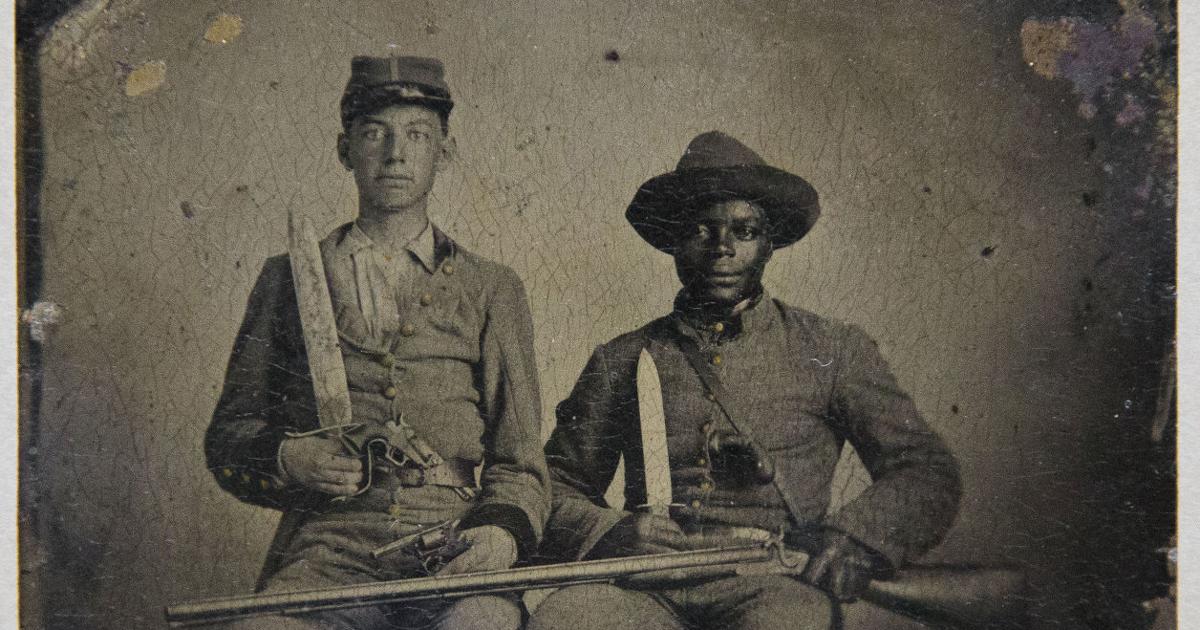Even if they become less racist towards the Japanese, I'm not sure how that would make them turn on slavery. Unless you've also made Japan far less racist than it was in OTL. I mean Imperial Japan didn't shy away from enslaving Korean people, both for sex and manual labor.
The south seceded specifically to protect slavery, that's spelled out in the various states' articles of secession. Acknowledging that fact is not denying racism in the north. Take a look at the Confederate constitution.
Lol beat me to it.
I think you'll have to make them less racist towards the
Japanese, but the fact remains in any Confederate victory scenario a white Southerner will likely be more racist against black people than their OTL counterpart. The right to own black people is why the South rebelled. It is enshrined in multiple parts of the Confederate Constitution (which repeatedly uses the term "negro slaves"). The Confederate Congress was barred from passing any law that impaired the right to own slaves, which led to the results mentioned above with getting slaves to enlist. The entire Confederate legal system will have to be completely overhauled in order to abolish slavery, and as long as white people see owning black people as
their constitutional right they will be as racist (but likely more racist) than OTL Southerners.
Getting black slaves to enlist won't be enough. A victory for the Confederacy, even with black people serving in the Confederate Army, will be a victory for owning black people as property, and it's hard to see how Confederate historians and historiographers won't paint it that way considering that is the main reason for their rebellion. Marginalizing the accomplishments of black veterans in the South was normal in OTL. Black veterans in post-ACW Wars still faced widespread discrimination even after they served, so much so that the housing portions of the GI bill might as well have not applied to black veterans. This will be far worse in a country founded on the principle of white people owning black people as property.
In short, your scenario will need widespread social, political, and economic turmoil, and possibly a Confederate Civil War, in order to change the legal system and any attitudes associated with race. The post ACW-government will have to be so inept that the
planter class will have to be willing to go back to the drawing board. I guess the boll weevil plague could be far worse than OTL, and with no George Washington Carver to suggest new agricultural techniques, the Southern economy could crash, leading to widespread slave revolts. The CSA would probably fall into deep debt, and that would be a good time for its European creditors (likely Britain and France) to collectively put pressure on the Confederates to end slavery. Best case scenario is that this leads to an actual revolution enforced at gunpoint almost like OTL's Reconstruction era. That
might get you to a point where the Confederacy is comparably racist to the OTL South.

